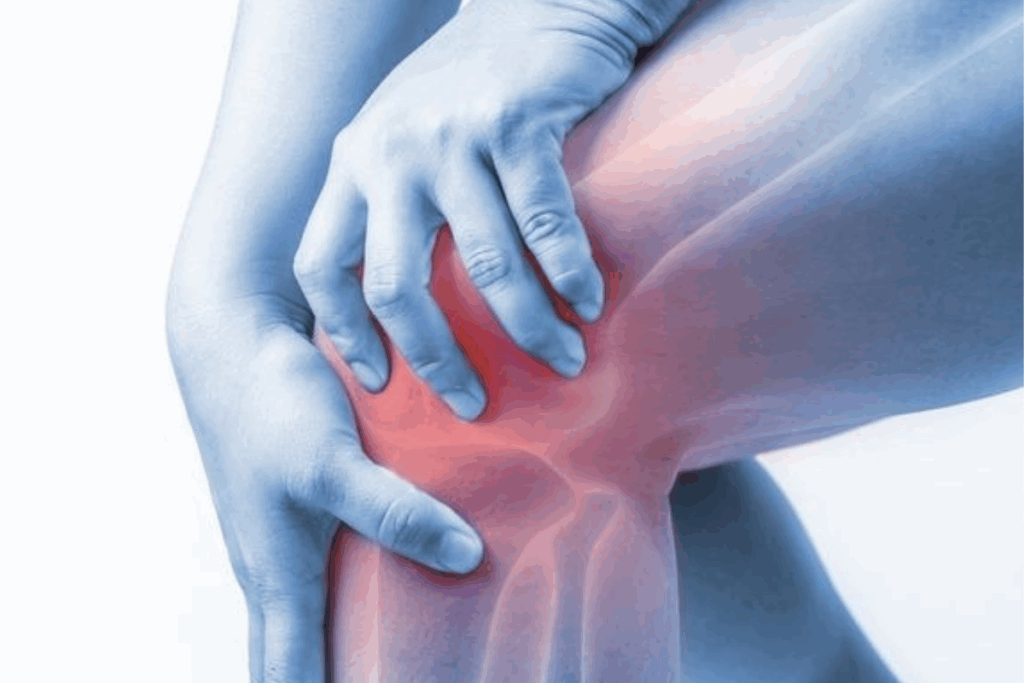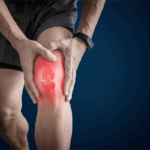
Joint pain is often associated with aging, past injuries, or arthritis. But what if your daily habits — things you don’t even think twice about — are gradually damaging your joints? Many people in their 30s and 40s are experiencing early signs of joint degeneration, not because of genetics or trauma, but due to silent lifestyle factors.
In this blog, Dr. Ashish Suryawanshi, a renowned orthopedic surgeon in Pune, sheds light on how modern-day routines may be affecting your joint health more than you realize.
1. Sedentary Lifestyle: Sitting is the New Smoking
Most working professionals spend 8–10 hours sitting at a desk, followed by several more sitting in vehicles or on the couch. Prolonged sitting leads to:
- Weakening of core and glute muscles
- Stiffness in hips and knees
- Poor posture affecting the spine and shoulders
Solution: Stand or walk every 30–45 minutes. Use standing desks or take quick mobility breaks during work.
2. Skipping Regular Exercise
Lack of movement reduces synovial fluid production (natural lubrication inside joints), causing increased friction and wear. Without strength training, the muscles surrounding joints weaken, putting more pressure on the joints themselves.
Solution: Incorporate at least 30 minutes of low-impact exercise like walking, cycling, yoga, or swimming 4–5 times a week.
3. Improper Footwear Choices
Wearing worn-out shoes, high heels, or flat sandals without arch support can affect your knees, hips, and lower back. Over time, this misalignment can lead to joint damage and chronic pain.
Solution: Choose orthopedic-friendly footwear that offers proper cushioning and arch support. Replace running shoes every 500–600 km.
4. Being Overweight or Obese
Every extra kilo adds nearly 4 times the pressure on your knees. Over time, this accelerates cartilage breakdown and leads to early osteoarthritis.
Solution: Maintain a healthy weight through balanced nutrition and regular activity. Even a 5–10% weight loss can significantly relieve joint strain.
5. Ignoring Minor Injuries
That ankle sprain you ignored or the wrist pain you brushed off may not heal properly without medical attention. These untreated issues often become chronic joint problems.
Solution: Consult an orthopedic expert for persistent pain or repeated discomfort, even if it seems minor at first.
6. Excessive Smartphone and Laptop Use
Spending hours hunched over devices leads to text neck, shoulder impingement, and wrist stress. These postural changes cause joint overload in areas like the cervical spine, elbows, and thumbs.
Solution: Maintain ergonomic posture, and use phone stands or keyboards that reduce wrist strain.
7. Poor Nutrition & Hydration
Joints rely on key nutrients like calcium, vitamin D, magnesium, and collagen. Deficiencies make bones brittle and cartilage prone to wear. Dehydration also reduces the effectiveness of joint lubrication.
Solution: Eat a diet rich in fruits, vegetables, nuts, dairy, and whole grains. Drink at least 2–3 liters of water daily.
When to See a Specialist
If you’re experiencing joint pain that interferes with sleep, daily movement, or flexibility, it’s time to seek professional guidance. Dr. Ashish Suryawanshi, the best orthopedic doctor in Pune, offers expert diagnosis and treatment for joint issues — both surgical and non-surgical.
With clinics in Nigdi and Thergaon, Dr. Suryawanshi specializes in joint preservation, minimally invasive surgeries, robotic joint replacements, and advanced orthopedic trauma care.
Summary
Your joints are silently affected by what you do — and what you don’t do — every day. A sedentary lifestyle, poor diet, improper footwear, and lack of exercise are some of the hidden enemies of healthy joints. Early awareness and small changes in your daily habits can prevent long-term damage and reduce your risk of arthritis, joint replacements, or mobility loss.
If you’re already dealing with discomfort, don’t wait. Dr. Ashish Suryawanshi’s clinics in Nigdi and Thergaon, Pune, offer world-class orthopedic care with personalized solutions for your joint health needs.




